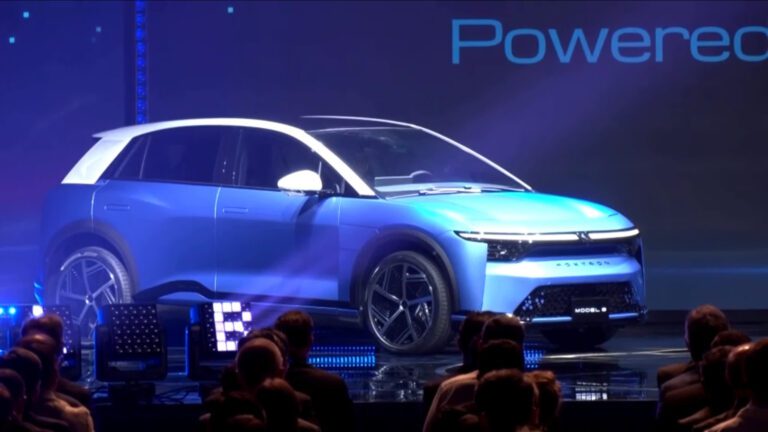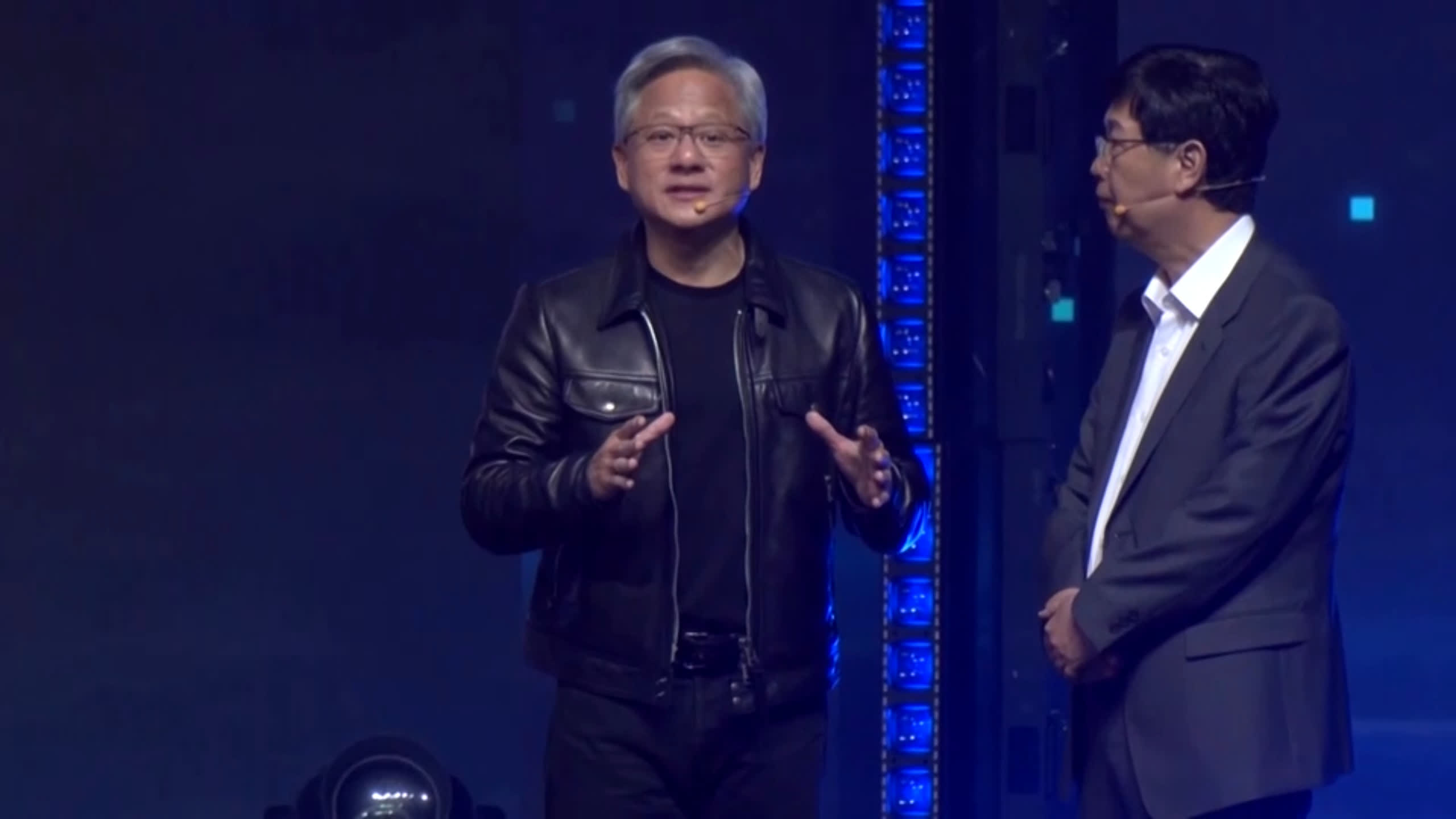
[ad_1]
In context: Earlier this year, Foxconn and Nvidia announced a partnership to develop platforms for autonomous vehicles. Now, these two technology giants have disclosed their plans to establish AI-focused data centers, which will provide the necessary computing power for these AV platforms.
The Taiwanese manufacturing giant Foxconn and the GPU superpower Nvidia have collaborated to develop “AI factories,” innovative data centers designed to power various applications, including self-driving cars. These two companies are pooling their significant expertise in production environments (Foxconn) and chips and software (Nvidia) to address the anticipated needs of the forthcoming AI manufacturing revolution.
At Foxconn’s annual tech showcase in Taipei, Nvidia CEO Jensen Huang and Foxconn Chairman Liu Young discussed their ambitious AI factory initiative. Huang emphasized that the “production of intelligence” represents a novel and emerging form of manufacturing, which will be managed within these newly conceptualized data centers.
AI factories are expected to be established globally, a task well-suited for Foxconn. One of the primary applications of this new manufacturing paradigm is self-driving electric vehicles, as explained by Huang. An AI-powered data center will be capable of receiving and processing continuous streams of data from EVs.

The AI factory, as Huang pointed out, has the potential to enhance the intelligence of autonomous vehicles. The car would go through actual road experience and “collect more data,” which would be sent to the AI data center to improve the software and “update the entire AI fleet.” Huang envisions a future where every company and industry will incorporate AI factories into their operations.
These AI factories will be equipped with Nvidia’s Grace Hopper DGX GH200 Superchip, specifically designed to handle terabyte-class AI models. However, it’s worth noting that, due to the latest US export restrictions, GH200, like other recent AI hardware accelerators, is currently unavailable through traditional resale channels in China. This is where the “global” aspect of the newly announced AI factories is expected to become significant.
Nvidia aims to increase GPU sales through the upcoming AI revolution, while Foxconn is striving to establish a global presence in the rapidly expanding AI server market. Huang mentioned that the Taiwanese company’s goal is to transform into a “platform solution company” based in Taipei, offering cutting-edge applications like smart cities and smart manufacturing. Furthermore, Foxconn is actively engaged in discussions with 14 potential customers for its electric vehicles and has a long-term aspiration to manufacture almost half of the world’s electric vehicles.
[ad_2]